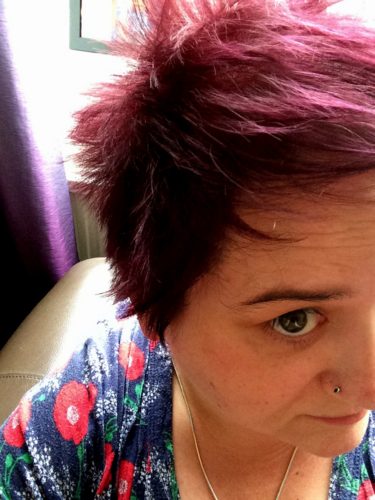Last Updated on December 24, 2020 by HodgePodgeDays
If you’re losing your hair, you might feel like you’re losing part of your identity – and this can be especially difficult to deal with if you’re a woman. If your locks are thinning and this is having an impact on your confidence and self-esteem, it’s important to understand what’s causing this process. You may find there are treatments available that can help you slow or even reverse your hair loss. Here, we take a look at three reasons why you might be losing your tresses.
Your genes
In men, male-pattern baldness is by far the most common cause of hair loss, affecting approximately half of all men by the time they reach 50, often starting much earlier. A hereditary condition, it’s thought to be a result of over-sensitive follicles and it’s generally characterised by a receding hairline and thinning on the crown. There are treatments available, including finasteride tablets and a lotion called minoxidil. You can find out more about how these hair loss treatments work online or by speaking to your doctor.
Less is known about female-pattern baldness – which tends to involve thinning of hair on top of the head – but this may also have a genetic trigger. The condition tends to be more common in postmenopausal women and this could be because of a drop in female hormone levels. Finasteride isn’t a treatment option for women, but minoxidil is. Up to a quarter of women with female-pattern baldness who use this lotion experience hair regrowth. If you think you might benefit from it, it’s worth getting advice from a pharmacist or your GP.
Your immune system
If you have small patches of hair loss on your scalp, your immune system could be to blame. The condition alopecia areata is caused by a problem with your body’s natural defence system that causes it to attack your own tissue. Usually, hair grows back within a few months, but treatments are available if this doesn’t happen. Steroids can be used in the form of injections, creams, ointments and gels, and in some cases immunotherapy is an option.
losing your hair through Stress
If you’ve experienced major physical or emotional strain recently, there’s a chance this has triggered your hair to thin. A condition called telogen effluvium, which involves a widespread thinning of the hair across the scalp, can be brought on by intense physical trauma – such as childbirth, serious illness or a surgery. It can also be triggered by extreme psychological stress, hormonal changes or alterations to your diet. The good news is, in most cases of telogen effluvium, hair stops falling out and begins to regrow within six months, meaning there’s no need for treatment.
If you’re still not sure what’s causing your hair to thin, or you think you know but you’d like further advice on how to tackle the issue, it’s a good idea to contact a medical professional. There are lots of different treatments available these days, including prp hair treatment which seems like a very promising solution.

= This is a collaborative guest post =
